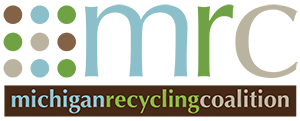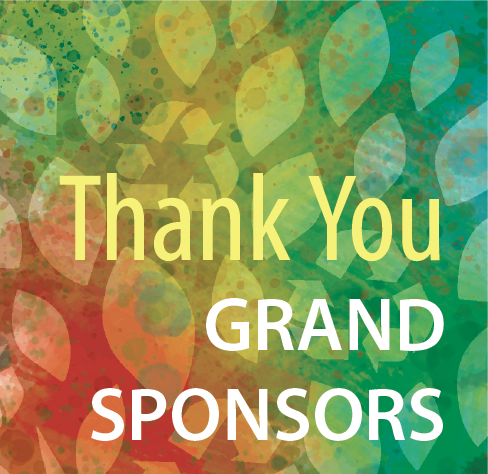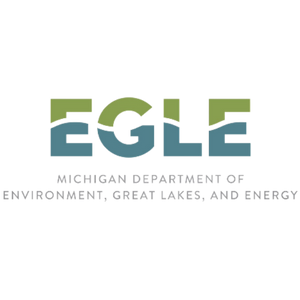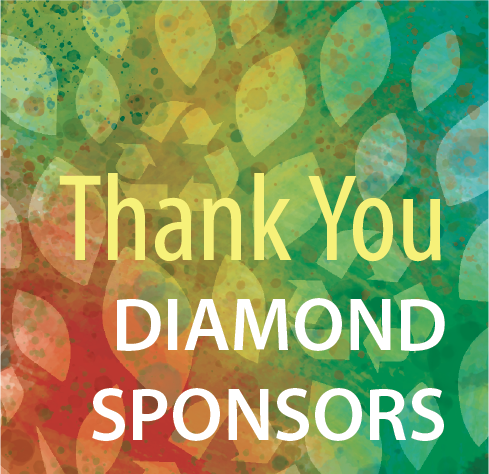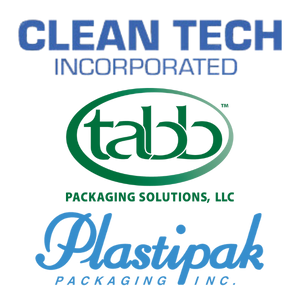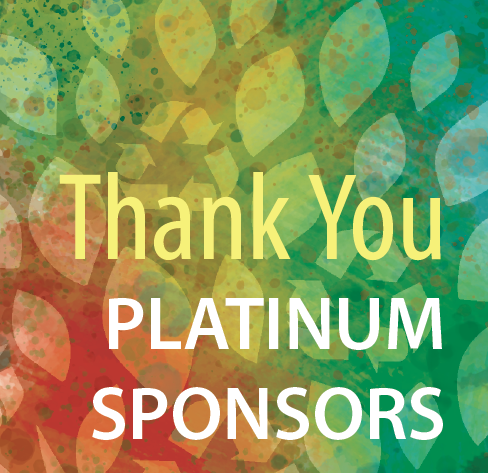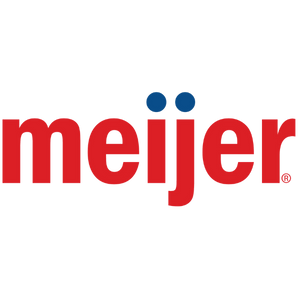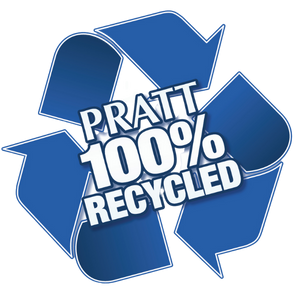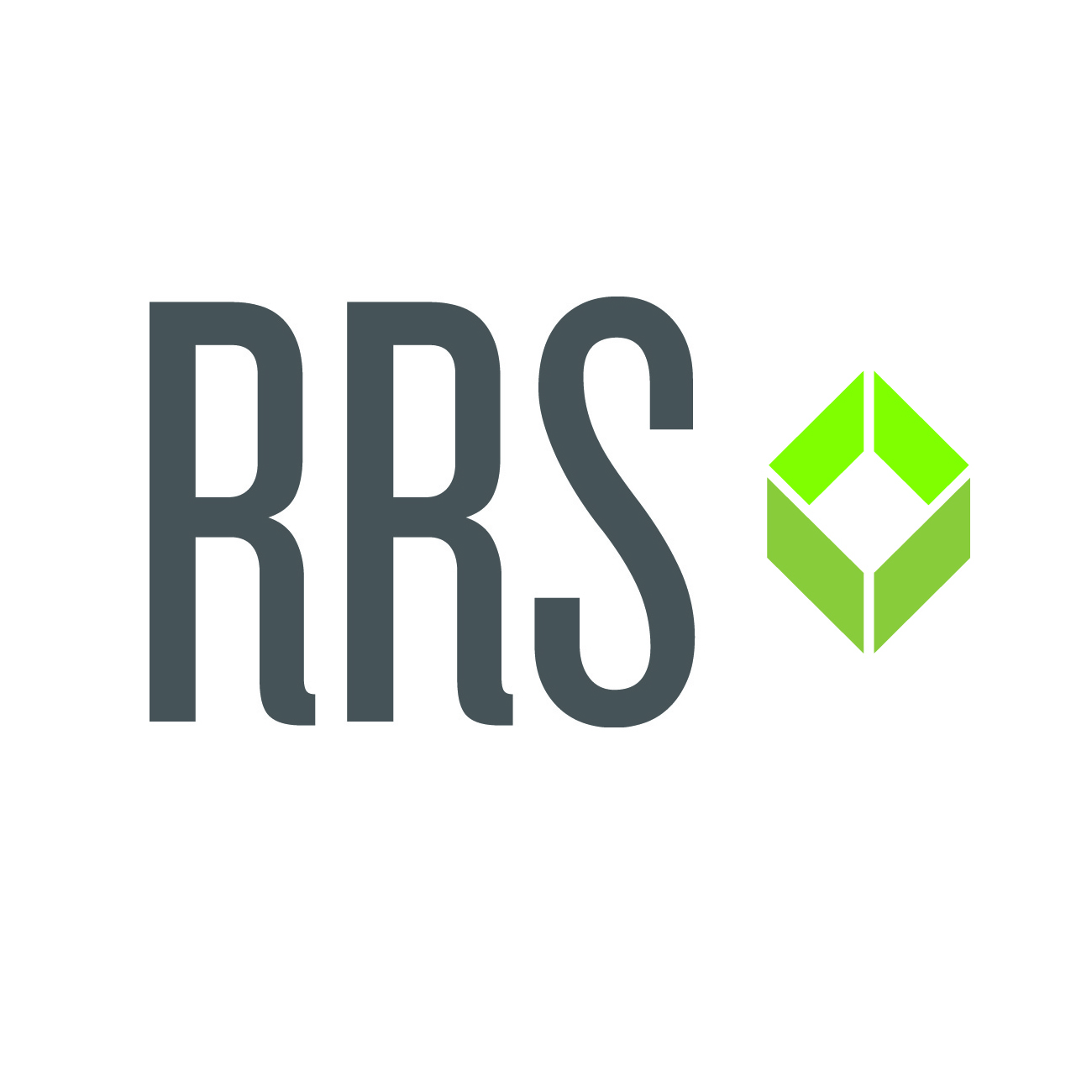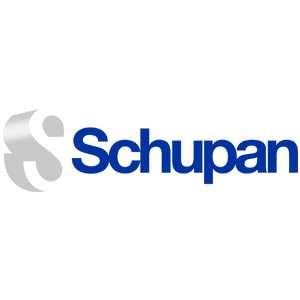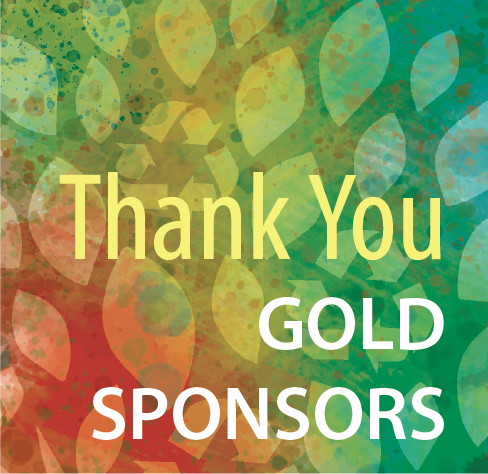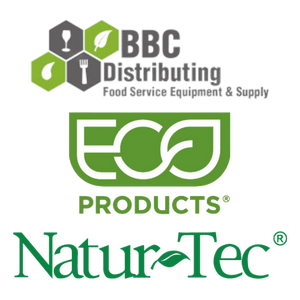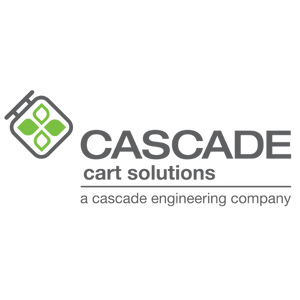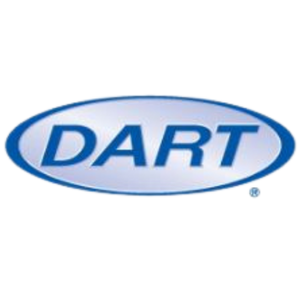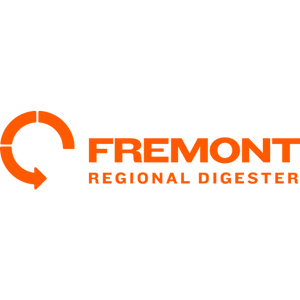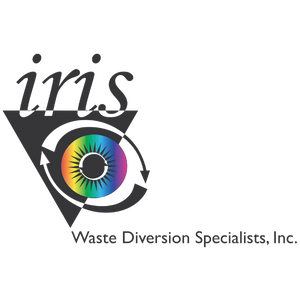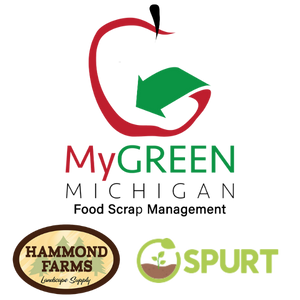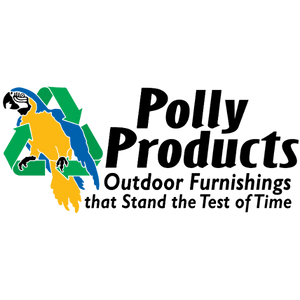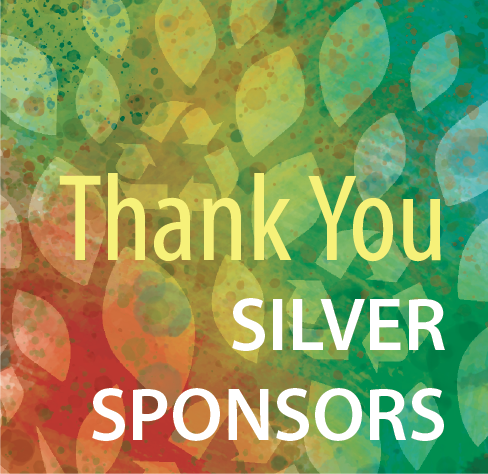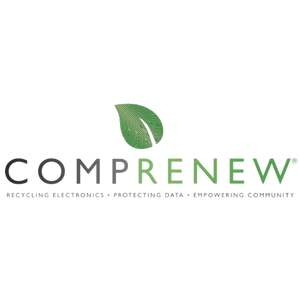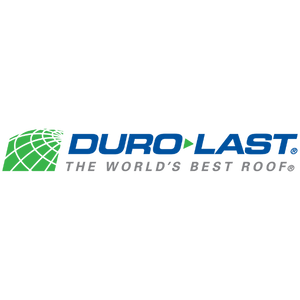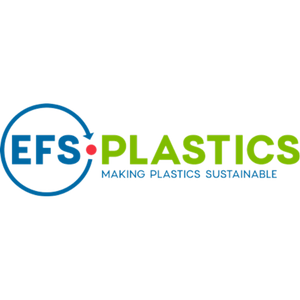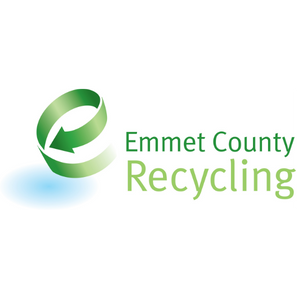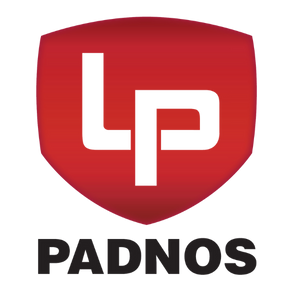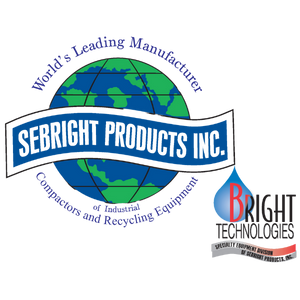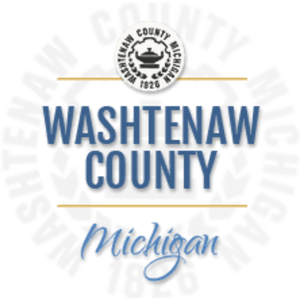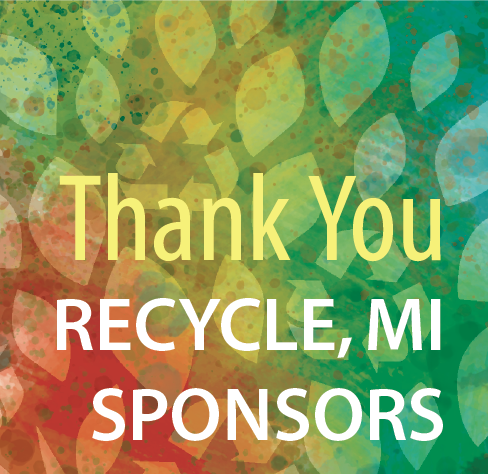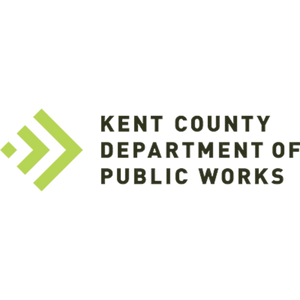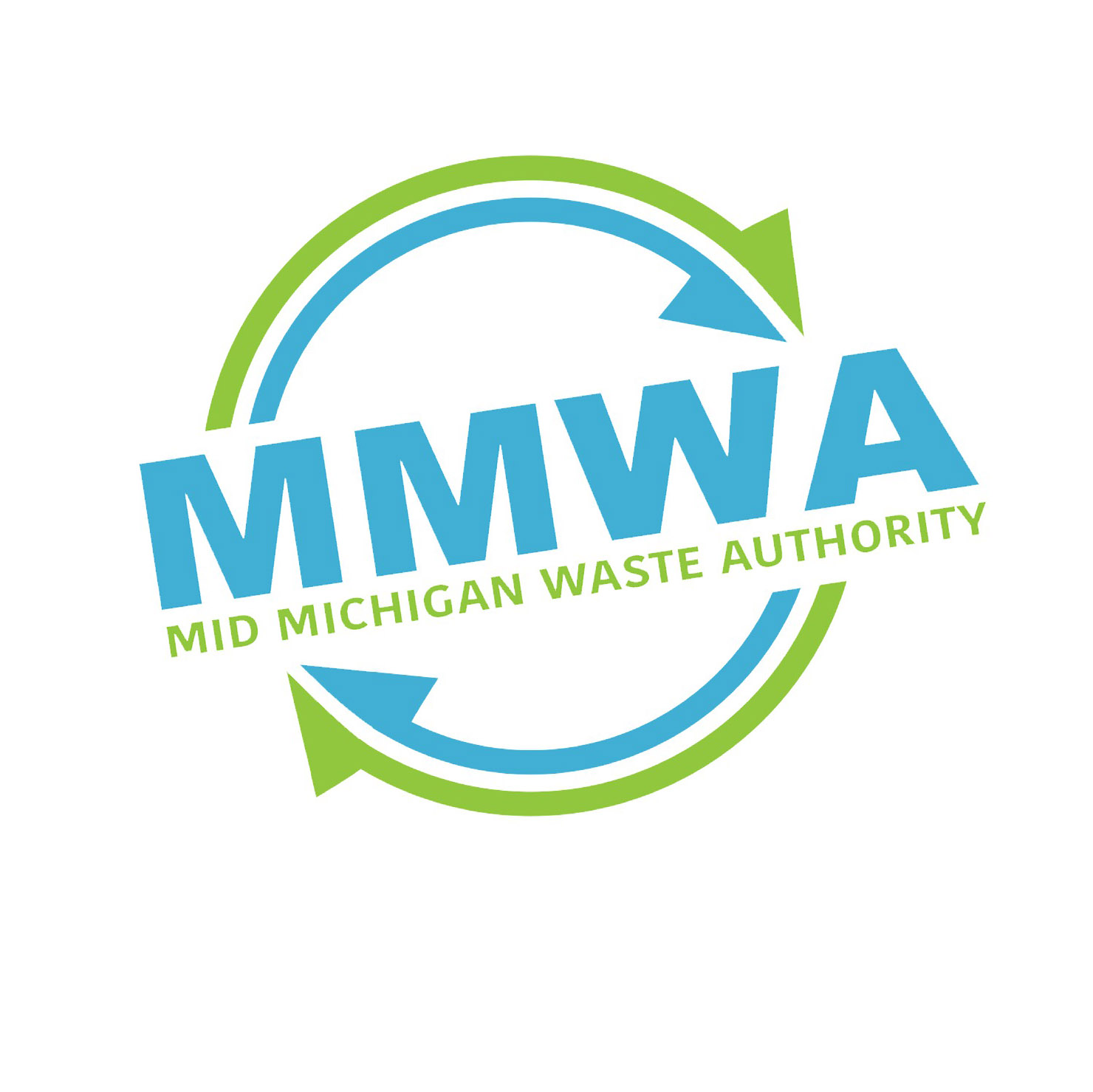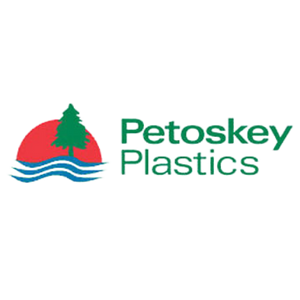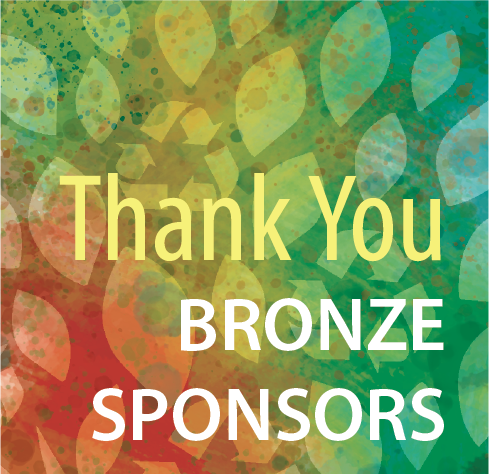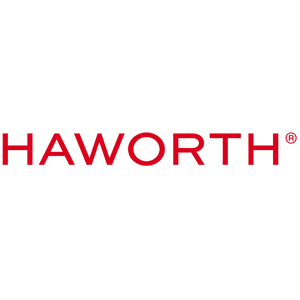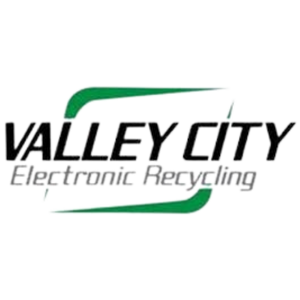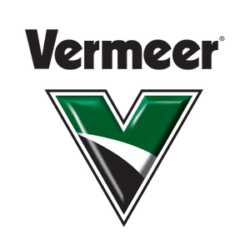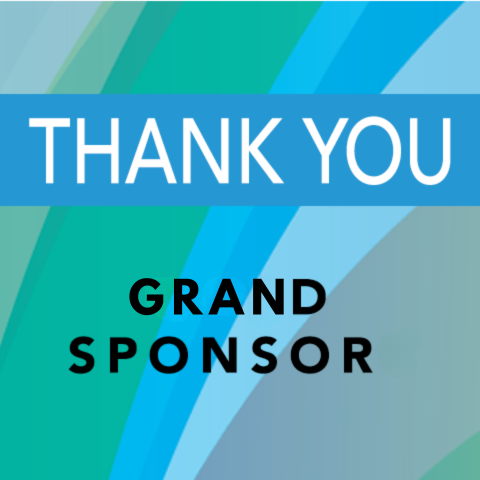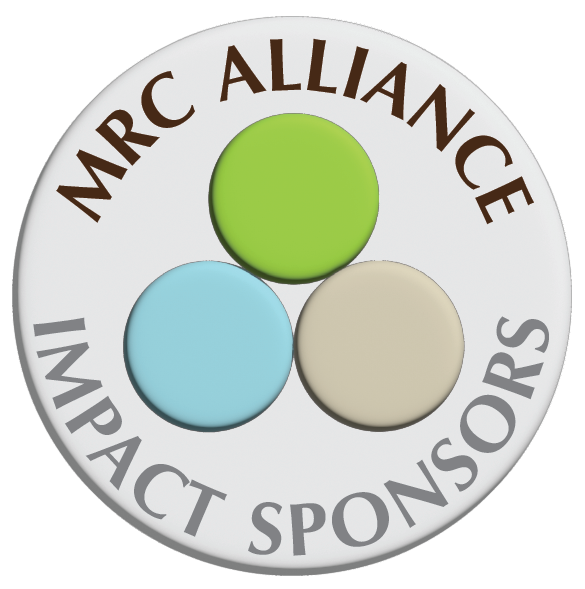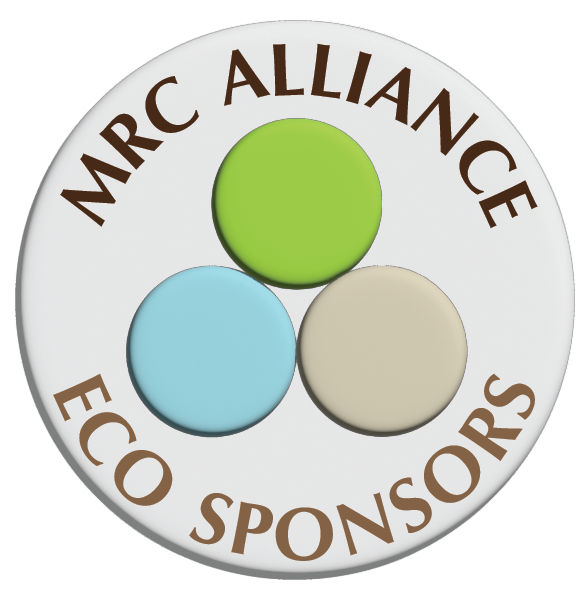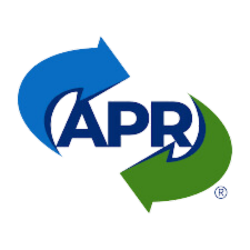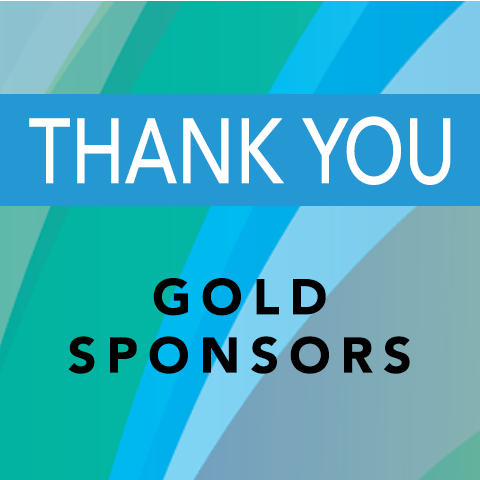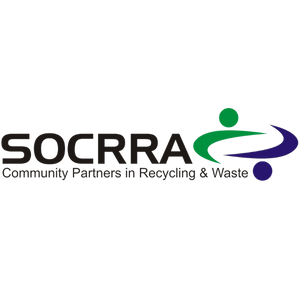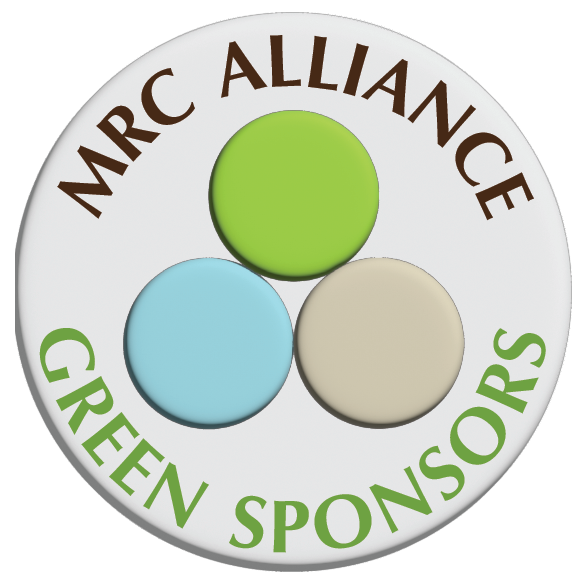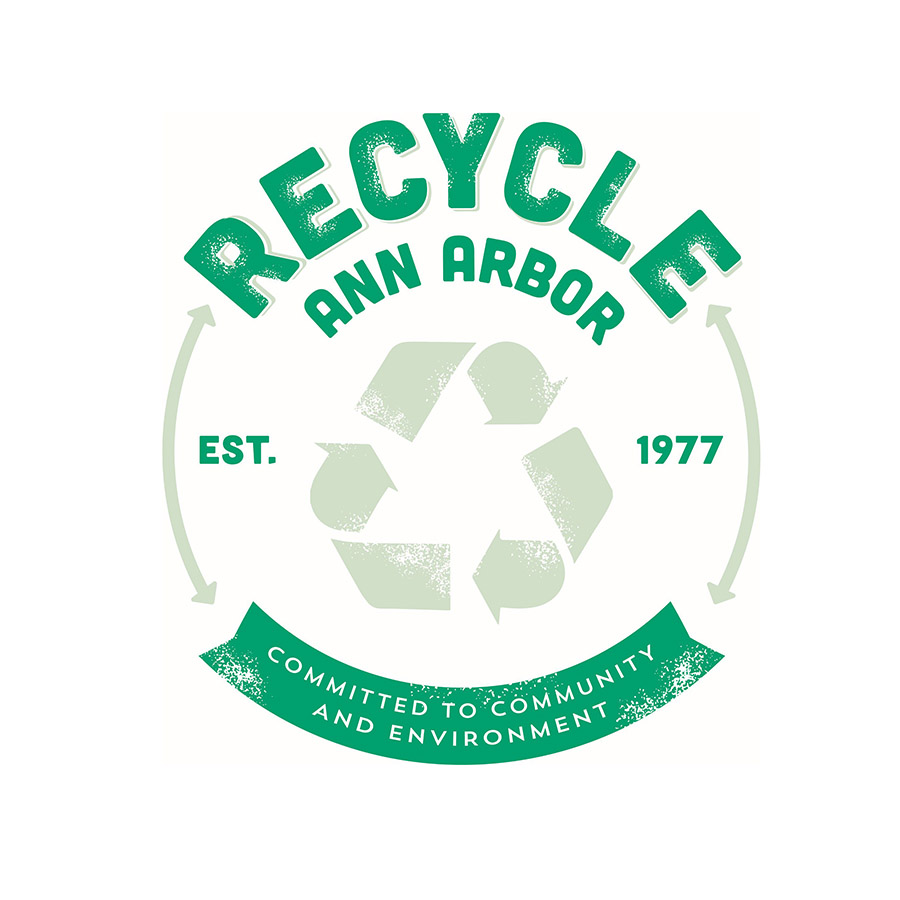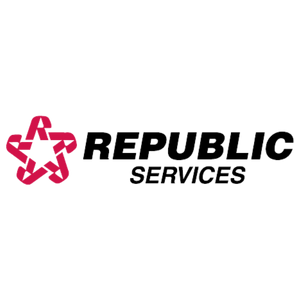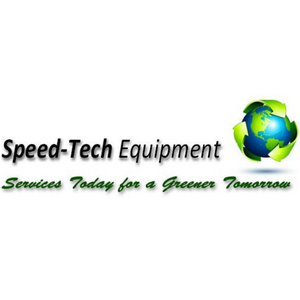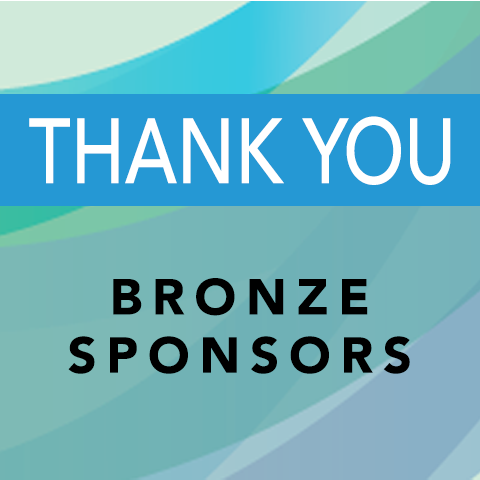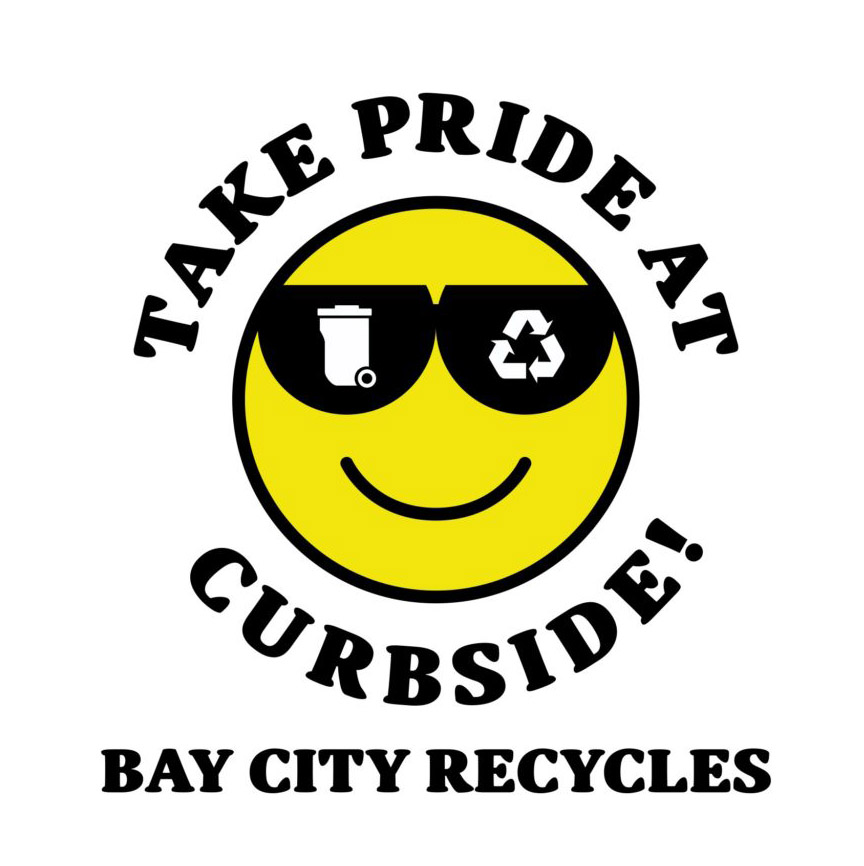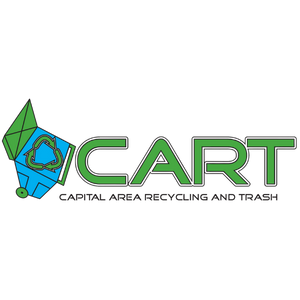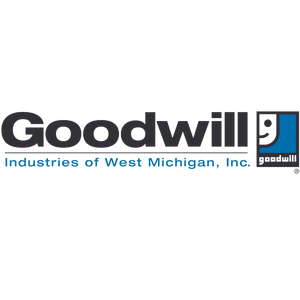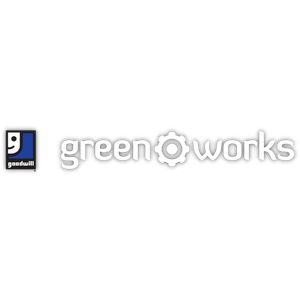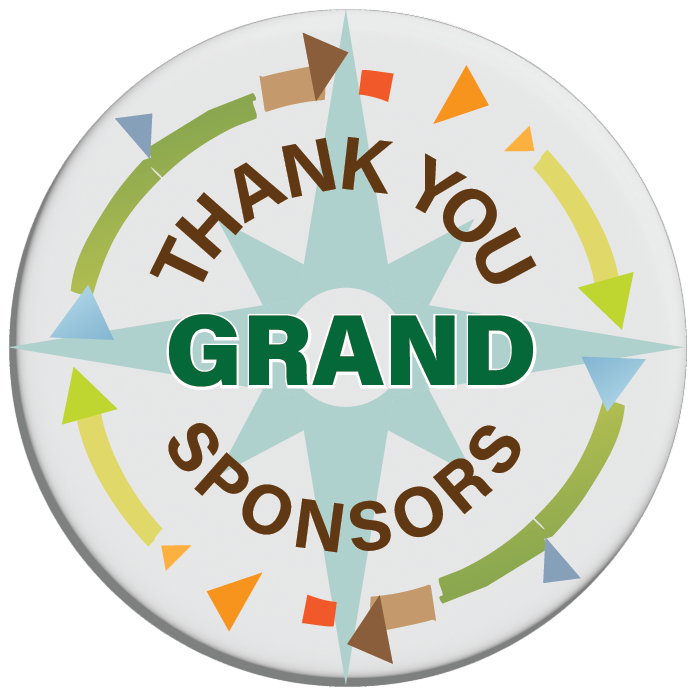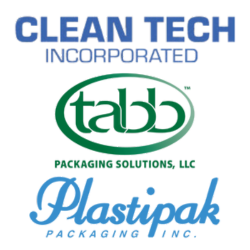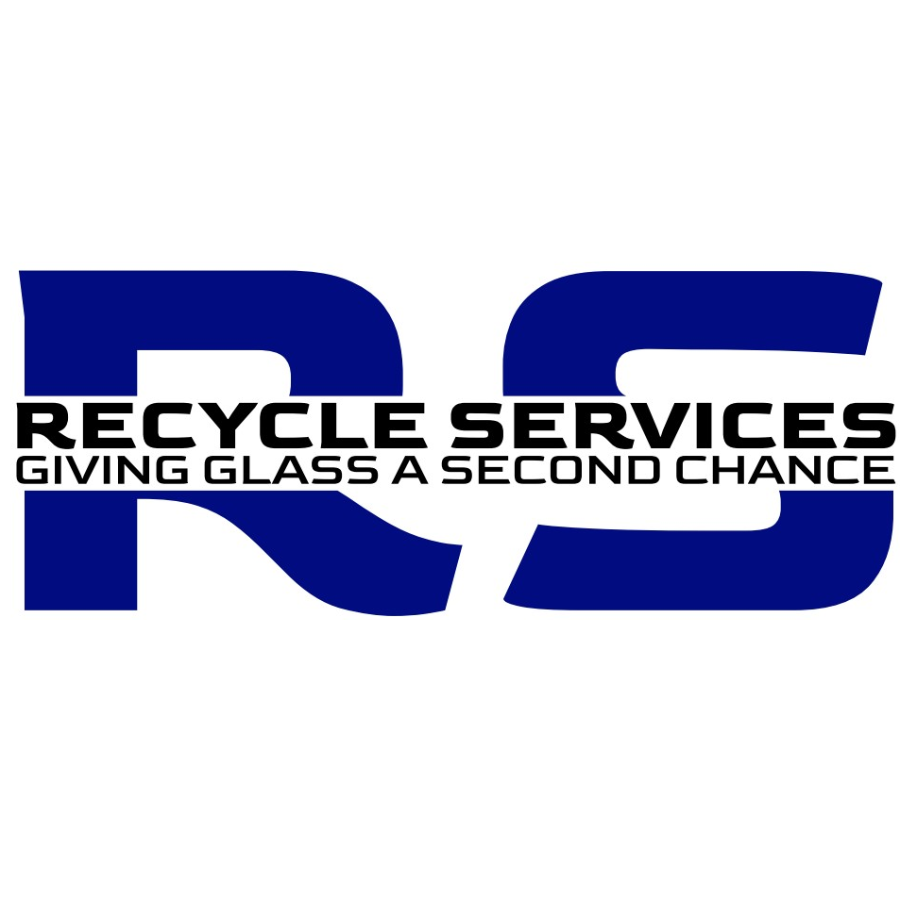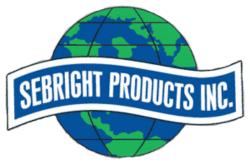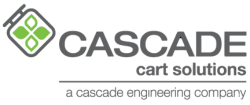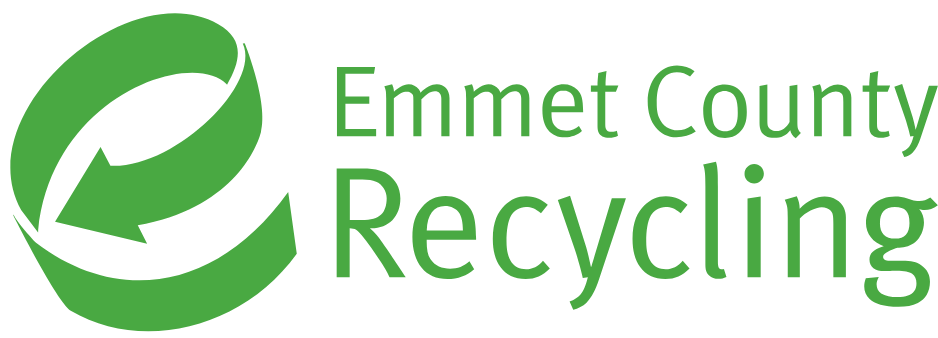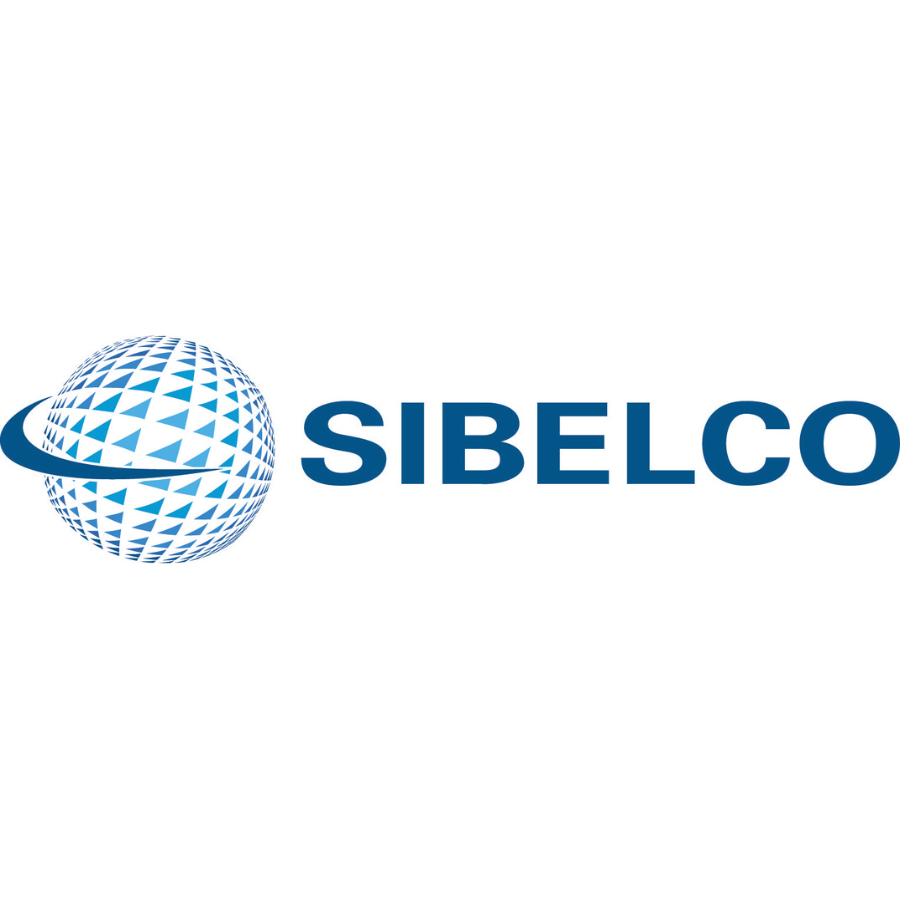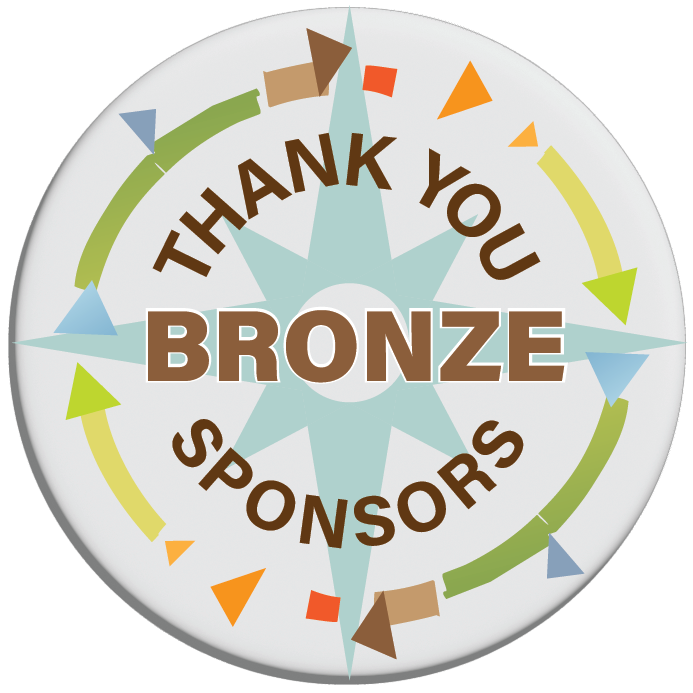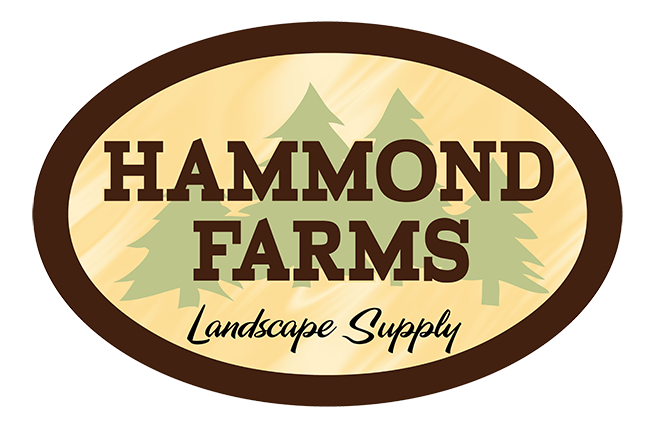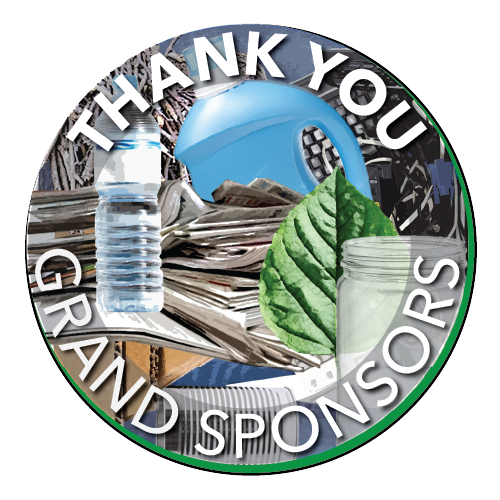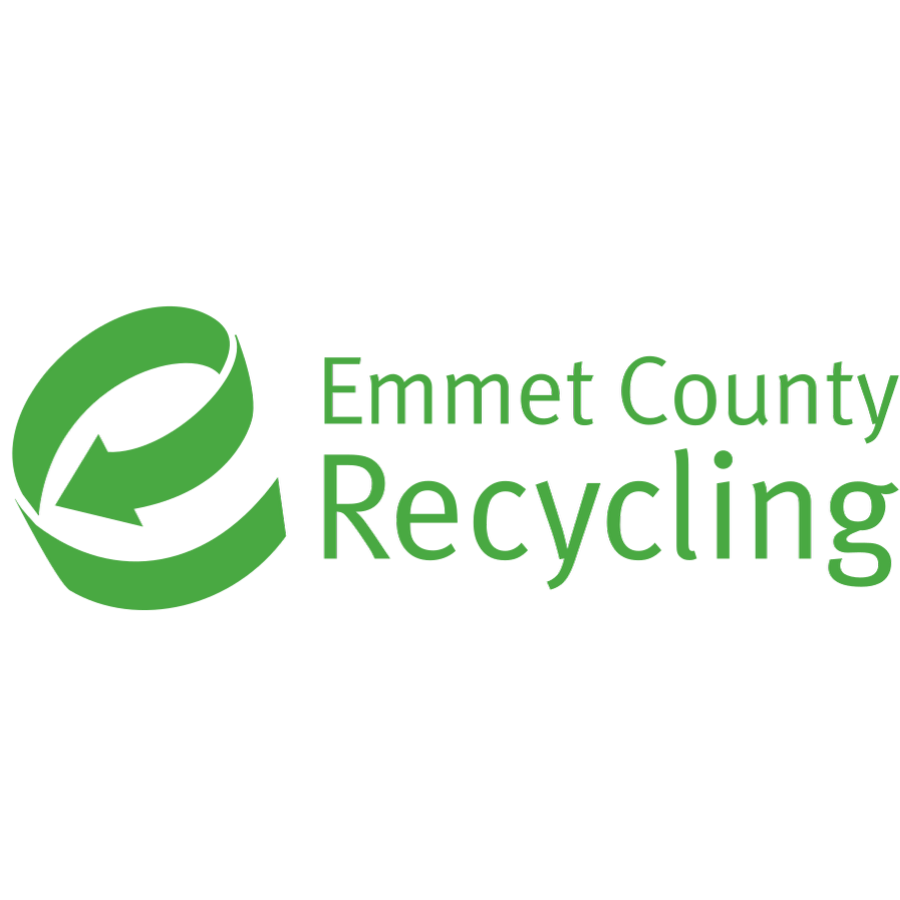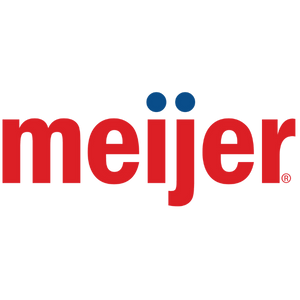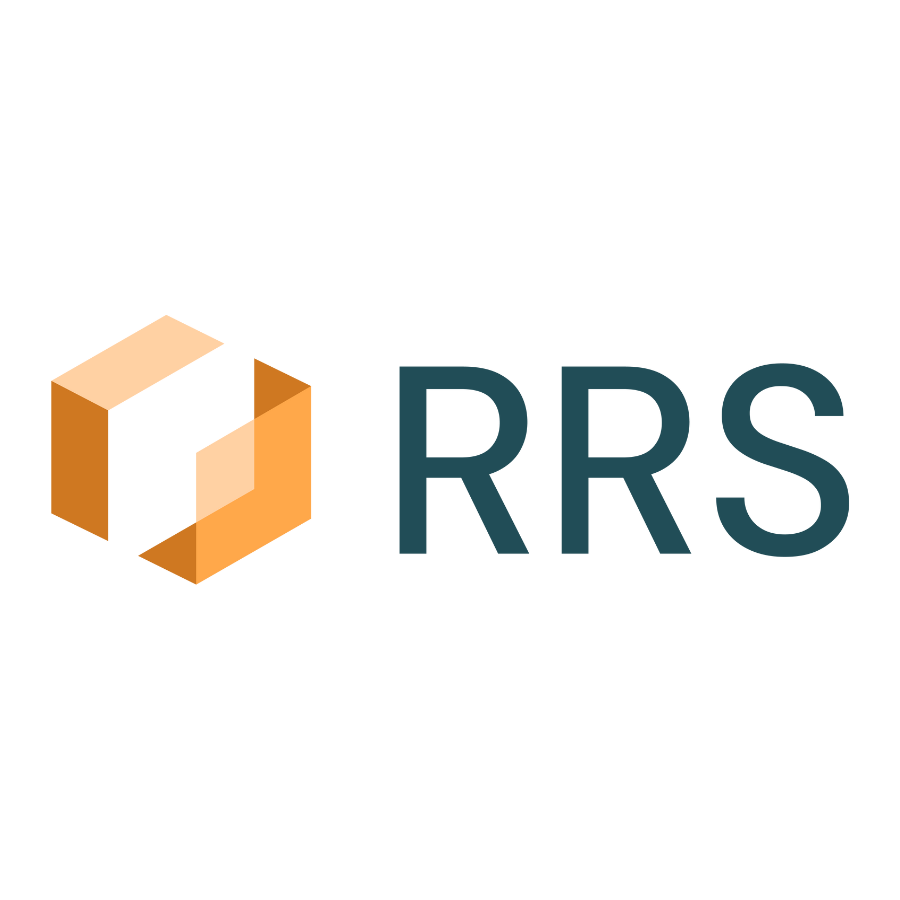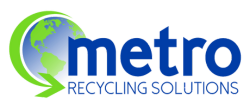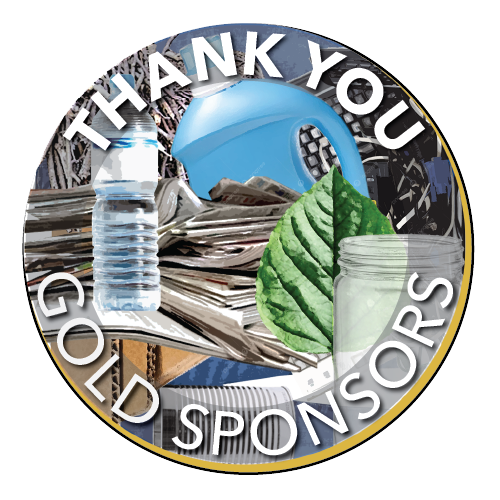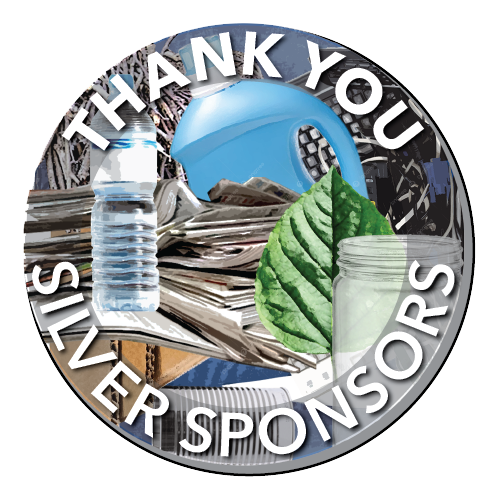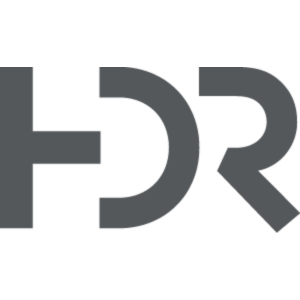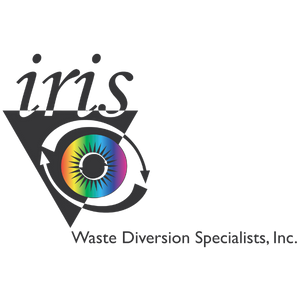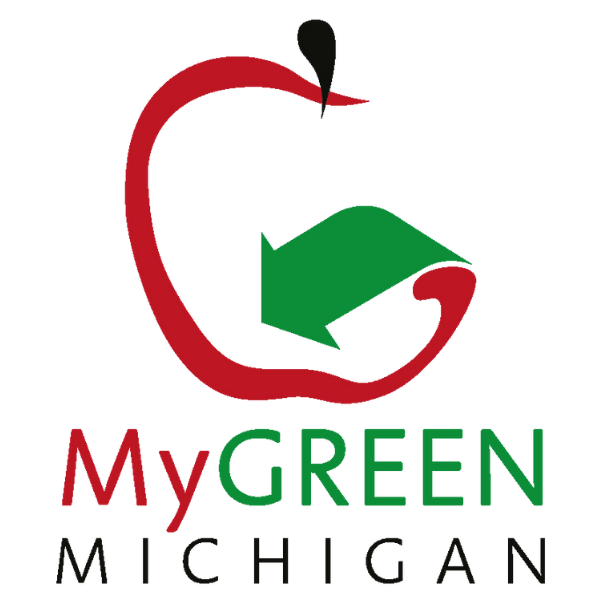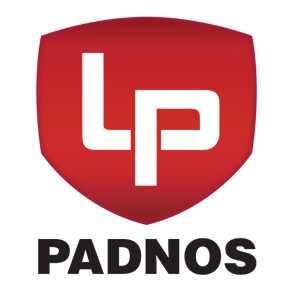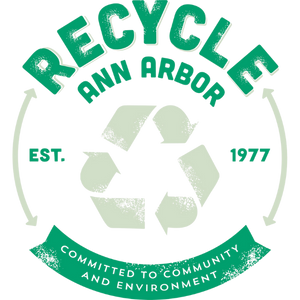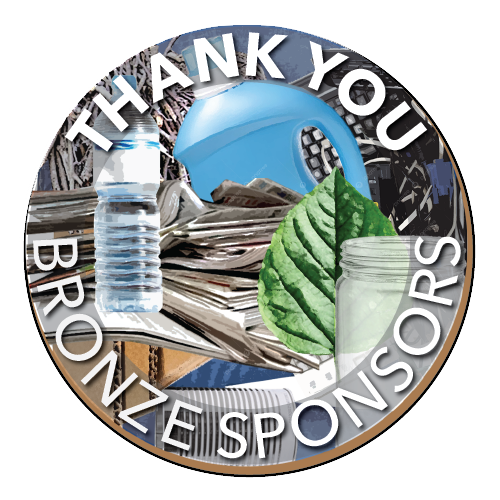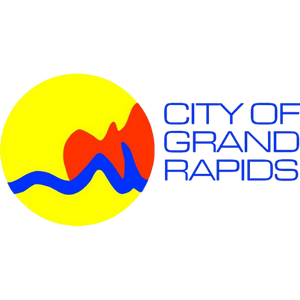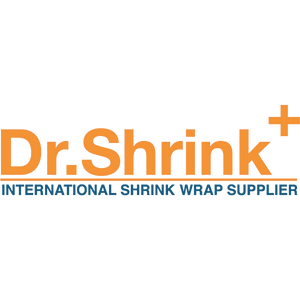
Explore the future of recycling, organics & sustainable materials management in Michigan • Benefit from fantastic Networking Opportunities • Learn from thought-provoking Keynotes, Tours, and Presentations • Meet with Service Providers & Product Manufacturers that can help you achieve your goals • Your one stop shop for recycling information & expertise • Participate in informative Educational & Training Sessions • Get motivated to make even more of a difference than you already do … and have fun doing it! • A striving for Zero Waste event
MRC MEMBERS GET PREFERRED PRICING FOR THE CONFERENCE
Join now for a conference registration discount and also benefit from weekly newsletters, access to a great network of recycling professionals, and representation at the state level on issues important to the future of recycling - all year long. The online registration form provides an opportunity to become a member.
RESERVE YOUR HOTEL ROOM BY APRIL 12 AND SAVE!
Mention 2022 Michigan Recycling Coalition Annual Conference for preferred rate.
JOIN US!
Learn fresh approaches to your recycling & organics challenges
Network with community leaders, recycling professionals, & service providers
Share information & ideas with colleagues
Enjoy the excitement and the buzz around recycling & organics in Michigan
SUPPORT OUR 2022 CONFERENCE SPONSORS
Their generosity and commitment helps make all of this happen
ABOUT THE 40th ANNUAL MRC CONFERENCE
Renew Funding has breathed new life into recycling in Michigan! Department of Environment, Great Lakes, and Energy market and infrastructure development initiatives are beginning to change the landscape. NextCycle Michigan is well underway, providing technical support and expert guidance to developing and existing programs. While we continue the important work to update Michigan solid waste laws to reflect our collective interest in sustainable materials management, Michigan materials managers remain focused on the challenges that unite us: pulling materials out of households and businesses for use in manufacturing - harnessing the opportunities that new funding provides us.
Join colleagues at this historical 40th Annual Conference to get additional guidance on all of our work. This year’s conference provides an important opportunity to get together, in-person to reinvigorate our goals, relationships, ideas, and connections. You play an important role in creating a sustainable future and together, we can make it a reality. Conference sessions and topics are designed to catalyze and elevate a conversation that continues to shift our focus and our work toward productive materials management.
REGISTRATION OPEN
7:00 A.M. (OPEN TO 6 P.M.)
TOUR
9:00 A.M. – NOON
MSU RECYCLING & SURPLUS
The Michigan State University Surplus Store & Recycling Center (SSRC) achieves its mission through an integrated system of reuse, recycling, collaboration and education. See three new areas the SSRC has developed since the MRC conference was last in East Lansing - the new vermicompost facility, the addition of robotic sorting technology in its material recovery facility (MRF), and the Spartan Upcycle area in the Surplus Store. Spartan Upcycle is the creative reuse retail and education branch of the Surplus Store. Spartan Upcycle seeks to encourage all to rethink traditional definitions of value and purpose, and ultimately discover a new use for items that were once thought of as waste. In 2020, the SSRC constructed a new vermicompost facility on its footprint consisting of two hoop houses which process fruit and vegetable scraps produced on campus through the power of worms. Finally, the SSRC added new robotic sorting technology to assist in sorting recyclable materials in its material recovery facility. The robots work in tandem with facility staff to sort out recyclable materials in order to improve MRF performance and increase safety.
EMTERRA ENVIRONMENTAL SERVICES opened its materials recovery facility (MRF) in the Capitol City during the pandemic. The Canadian-based company responded to a Request for Information about facility development as a result of a regional effort to bring sorting capacity to mid-Michigan. Recyclables from the cities of Lansing and East Lansing anchor the single-stream sorting facility that is using robotics to capture #5 plastic. See the site, learn about the operation, and plans for the future.
Special notes: Closed-toed, hard soled shoes/boots required. A significant portion of this tour will take place outdoors, rain or shine; dress for the weather. The facility has a limited number of hard hats, safety goggles, and safety vests. If you have your own, please bring them.
OR
TRAINING
9:00 A.M. – NOON
WRITING EFFECTIVE GRANT PROPOSALS
Joshua Gunn, Michigan State University
Ready to fund your program? Interested in strengthening your grant writing skills but don’t know where to start? Learn the basics around grant writing, including where to find grant funding opportunities, components of a grant proposal, and strategies for working with others on joint submissions. Get interactive with two key activities to any good program. One is designed to help you practice putting together a compelling situation statement. The other is to help you develop and articulate objectives and the necessary metrics that will allow you to evaluate and hopefully, communicate your success at the end of the process. EGLE staff will be in attendance to discuss specific funding opportunities available through their agency and answer any questions you might have.
LUNCH
NOON – 1:00 P.M.
For Tour & Training participants only.
TOUR
1:00 P.M. – 5:00 P.M.
HAMMOND FARMS LANDSCAPE SUPPLY has been a trusted landscape supplier since 1982. Hammond composts organic waste on site and uses the finished product to craft custom blended, engineered soils to meet customer specifications for a variety of applications. Tour their compost processing site and see how they use grass, leaves, brush, and food waste in a windrow system to produce their high quality soil blends from start to finish.
POLLY PRODUCTS is an environmentally minded manufacturer of commercial site furnishings made entirely from recycled HDPE plastic. See the shredded recycled plastic feedstock and the machines and people that mix and mold it into the components of their outdoor furniture. Learn about the Polly Products process and how it differs from other manufacturers in the industry. See how they have evolved to improve their sustainability efforts in both processes and business practices.
Special notes: Closed-toed, hard soled shoes/boots required. A portion of this tour will take place outdoors, rain or shine; dress for the weather. The facility has a limited number of hard hats, safety goggles, and safety vests. If you have your own, please bring them.
OR
TRAINING
1:30 P.M. – 4:00 P.M.
RECYCLING EDUCATION 2.0: KICK IT UP
Cassandra Ford, The Recycling Partnership
Need help kicking your recycling education up to a new level? The Recycling Partnership is hosting a mini-workshop where participants will discuss recycling best management practices and how to apply them to create behavior change. Cassandra Ford will do a deep dive on what makes recycling education both informative and memorable. Also learn the power of data and how it can help with your education and outreach efforts.
If you also represent a small MI community (less than 10,000 households) this workshop has an added bonus! The Partnership and the Michigan Department of Environment, Great Lakes, and Energy (EGLE) have joined forces yet again to launch an education portal specifically designed for recycling programs in MI using behavior change best management practices where communities can pick out, customize, print, and mail recycling education directly to residents with 100% of costs paid by EGLE. Leave the workshop with education at the printer on its way to your residents.
Join Cassandra for a behavior change discussion and gain immediate access to the Michigan education portal to design educational collateral onsite. Bring your laptop, community mailing list, and community logo to be prepared to design an effective recycling education mailer during the workshop. Participants from small Michigan communities will receive conference attendance and 1 type of education collateral designed, printed, and mailed as part of the workshop, FREE of charge. Contact Cassandra Ford for the code to get approved and registered today!
GRUB CRAWL
6:00 – 10:00 P.M.
Always a highlight of the MRC Conference, join fellow attendees to mix and mingle at a few fun venues in downtown East Lansing. This vibrant university town is home to a wide variety of bars and eateries. Take a short walk with friends to continue the networking. Maps will be available. Light food will be provided at two chosen locations. You bring the conversation and fun!

THURSDAY‘S KEYNOTE SPEAKER
Wesley Schultz, Professor of Psychological Science
California State University
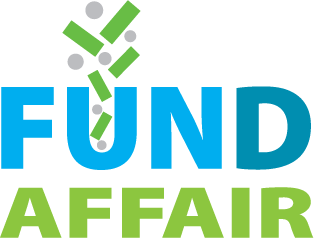

REGISTRATION
7:00 A.M.
BREAKFAST
8:00 – 9:00 A.M.
WELCOME & KEYNOTE PRESENTATION
9:00 – 10:00 A.M.
INSIDE THE MIND OF A RECYCLER
Wesley Schultz, Professor of Psychological Science, California State University
Achieving a sustainable future will require changes in human behavior. In short, the planet cannot continue to support our current levels of consumption indefinitely, and achieving a sustainable future will require that individuals change their patterns of behavior. To this end, a myriad of conservation programs have emerged in the last 30 years with the goal of promoting conservation. But how can we best motivate individuals to act? While there are some widely accepted truths about what works, psychological science offers some new and surprisingly powerful alternatives. Examples will be drawn from Schultz’s work in recycling, water, and energy conservation.
Professor Schultz is an expert in the areas of behavior and attitude change, conservation psychology, and statistics. His work in these areas has examined the psychological process of social influence, particularly as they apply to environmental behaviors. He is an active researcher in the areas of environmental psychology, social marketing, and quantitative methods, and recognized as a leading scholar in the behavioral dimensions of sustainability. Recent books include Social Marketing for Environmental Protection (2012, Sage), Psychology of Sustainable Development (2002, Kluwer), and Attitudes and Opinions (2005, Lawrence Erlbaum). His current work focuses on waste and recycling programs, and he is working to develop scalable solutions for increasing diversion and reducing waste. In addition to his teaching and scholarly work at the university, he maintains an active schedule of training and consulting with public and private organizations interested in applying the basic principles of social psychology.
CONCURRENT SESSIONS
10:10 – 11:00 A.M.
ZEROING IN ON ORGANICS MANAGEMENT SOLUTIONS FOR MUNICIPALITIES
Rod Tyler, WeCare Denali, LLC
Cliff Walkington, Hammond Farms
Michigan is home to many successful businesses that compost waste organics to engineer healthy soils for their customers, large and small. As markets for these engineered soils grow, so does the need for organic feedstocks. Michigan’s Yard Waste Ban required many municipalities across the state to collect yard waste but how much of that material is being actively composted and put into productive use? Learn more about private sector compost operations, services, and trends in their work. Explore the options and local benefits of working with private sector composters to manage community organic waste and put it to work in the land-based businesses that communities depend on.
THE STORY OF PAPER CUP RECYCLING
Ashley Elzinga, Food Packaging Institute
Lon Pschigoda, Western Michigan University
Lena Zodda, Pactiv Evergreen
Before 2018 very few paper mills and end markets accepted paper cups for recycling. Now, through research, testing, and education, more than 70% of Michiganders have access to recycling programs that accept some types of paper cups in their mixed paper streams. Learn about the journey advocates had to travel to increase acceptance of these items in recycling programs and end markets. Hear about specific issues along the value chain, such as sorting at the material recovery facility (MRF), dealing with polycoating at the mills, and utilizing community partnerships to recover paper cups. Explore what’s next in increasing recovery, contamination reduction, and education in Michigan.
UNDERSTANDING JEDI AND HOW IT’S APPLIED TO IMPROVE PROGRAMMING
Regina Strong, MI EGLE
Environmental justice, equity, diversity, and inclusion have become important facets of the social sustainability and resiliency conversation across all industries and it’s no different for the recycling industry. The U.S. government’s Justice 40 initiative, the developing EPA Environmental Justice screening tool, and EGLE’s grant focus on DEI are current examples of the growing focus on equal access and opportunities for all citizens. Learn more about the underlying principles and developing initiatives that are guiding justice, equity, diversity, and inclusion (JEDI) work. See how these principles and supporting tools are being used to improve planning and programming in the industry. Ask questions in a safe space to better understand how consideration of these principles can improve your work.
MANAGING MONOMERS IN MICHIGAN: AN OUTSIDE PERSPECTIVE ON PLASTICS RECYCLING
George Aronson, Principal, CommonWealth Resource Management Corporation (CRMC)
What's the best strategy for recovering more plastic from trash? What's a monomer and why does it matter? What are the trade-offs between mechanical, thermal, and chemical recycling -- that is, what does it take, and when should we make, old plastic milk jugs into (a) rug backings, (b) new plastic milk jugs, (c) synthetic marine diesel fuel? And how do we collect and consolidate all that waste plastic for processing -- through extended producer networks like the bottle bill, expanded drop-off or curbside source separation programs that bring material to MRFs, or centralized mixed-waste processing facilities such as the Reimagine Trash project proposed for development in Kent County? There are no easy answers. See waste plastic processing facilities and products from Hampden, Main to Jiangsu Province Republic of China, re-think source separation and mixed waste processing, and, most of all, learn about the real choices and trade-offs we all face as these decisions are made.
CONCURRENT SESSIONS
11:10 A.M. – Noon
PILOTING A COMPOST DROP SITE IN THE CITY
Claire Dion, City of Ferndale
The City of Ferndale launched a one-year organics collection pilot program in November 2021 with MICROS funding through NextCycle Michigan. The program includes residential, commercial, and municipal participants utilizing various drop-off locations for a variety of organic materials. Learn about the details of the program, such as how equity was considered in design and how they managed the challenges that face small scale drop-offs. Explore data collected from 400 residential participants, see examples of educational materials, and hear the results from the participants' surveys. Hear about the future of the program and plans to expand composting to the whole community.
DON’T FORGET THE LIDS!
Keith Bechard, ReVital Plastics
Resa Dimino, RRS
So, you collect #1's and #2's and you’re wondering what’s next? Get a deep dive into the generation and recovery of mixed rigid plastics or #3-7. Understand the changing landscape of mixed rigid plastics generation and recovery. Explore the variety of application for these plastics and the volumes you might expect to see. Learn what’s in the #3-7 mix and where the value is. Explore what and where the market opportunities are and the processing that is required to get started.
GROWTH MADE SIMPLE: REDUCING BARRIERS TO PARTICIPATION IN ENVIRONMENTAL SERVICES
William Garcia, Washtenaw County Solid Waste Division
From 2018 to 2021, the Washtenaw County Home Toxics Center increased the number of residents that it served by more than 60%. Today, the program has partnered with the University of Michigan Graham Sustainability Scholars program to contact thousands of residents to learn the needs of underserved populations to guide future growth. In this case study, participants will learn the operational improvements that the Home Toxics Center achieved to make their program ready to expand, the strategies used to expand the program, and the research that is guiding the program’s future growth that prioritizes diversity, equity, inclusion, and justice.
PROJECT ACCELERATION: TAKE YOUR INITIATIVE TO THE NEXT LEVEL
Bryce Hesterman & Special Guest from NextCycle Michigan Program
It’s time to move beyond the talking and into the doing. Join this workshop-focused session on accelerating your initiatives to be implemented, investable, and have significant impact. This session allows participants to explore some of the models used in the NextCycle Michigan Innovation Challenge Track programming to help ensure the new business start-ups, program enhancements, and infrastructure development projects are on the right track for success.
NETWORKING LUNCH
MRC ANNUAL MEETING & ANNUAL REPORT
Noon – 1:00 P.M.
Hear about MRC’s progress this year and plans for next.
EXHIBITION HALL GRAND OPENING
1:00 - 3:00 P.M.
Mix and mingle with conference exhibitors, attendees, speakers, sponsors, and invited guests.
CONCURRENT SESSIONS
3:10 – 4:00 P.M.
REGIONAL OUTREACH MEETINGS
In a state with such diverse communities and populations, a “one size fits all” approach to resource management doesn’t serve every community. In an effort to give local communities and businesses a chance to elevate and move local and regional topics in the right direction and influence state issues, the MRC recruits recycling leaders to gather regional stakeholders and facilitate those conversations. The MRC has identified, and is working to serve, eight regions across Michigan. During this session time, these eight regions, under the guidance of their regional directors, will break out into separate groups in 4 different rooms to discuss local and regional topics. Please check the map to find your region and join the conversation to grow recycling.
CONCURRENT SESSIONS
4:10 – 5:00 P.M.
STARTING AN ORGANICS REVOLUTION WITH COMPOST SOCKS
Rod Tyler, Denali/WeCare
The Michigan Organics Council Landscape for the Lakes Campaign, with funding support from EGLE, aims to grow the demand for and use of compost to improve downstream water quality. In this session, learn about a new focus of the Campaign: compost socks. Compost socks stop the movement of sediment and 90% of nutrients is attached to these sediment particles. If you can stop sediment movement, you can stop pollution. Learn about two different applications of compost socks as replacements for silt fencing and to establish living shorelines. See how specifying compost socks can drive value to municipalities and operators across the state and how the Michigan compost industry is aligning to meet the need.
DETROIT ON THE PATH TO ZERO WASTE
KT Andresky, Breathe Free Detroit
Michelle Jackson, Sustainable Community Farms
Madi Kraus, City of Detroit, Department of Public Works
How does the largest city in Michigan tackle its waste issues? With the support of active grassroots organizations! Learn about the services the city makes available to residents, the challenges it faces in providing those services, and what is being done to move Detroit toward a zero waste future. Hear from three stakeholders who are taking charge and making sure that quality recycling and compost opportunities and services are equitable and accessible to all Detroiters.
LIGHTNING ROUND: SMALL BUT MIGHTY PROJECTS FROM AROUND MICHIGAN
Frannie Miles, RRS
Select MICROS Teams (TBA)
What would you do with $10,000? Learn about small projects happening across Michigan that are meeting community needs, helping divert materials, and having broad reach. This session will include small pitches from teams who received $10,000 MICROS funding to share about their initiatives. During this pitch format for small impactful projects, you’ll learn what folks from across the State of Michigan are doing.
RECENT ADVANCES AT THE FEDERAL LEVEL AND WHAT THEY MEAN TO YOU
Chris Newman, U.S. EPA Region 5
Come learn what’s new at U.S. EPA as the Agency starts to implement the National Recycling Strategy that advances the MSW recycling system and builds a circular economy for all. The Save Our Seas Act 2.0 and the Infrastructure Law are presenting new direction and opportunities for waste managers in the U.S. with the upcoming Solid Waste Infrastructure for Recycling Grant Program. Learn about the opportunities and provide your insights.
APPETIZERS & COCKTAILS WITH THE EXHIBITORS Fund Affair logo
5:00 – 7:00 P.M.
Join exhibitors and attendees for some much needed networking in the Exhibit Hall. A progressive buffet and cash bar is the backdrop for more networking and professional socializing. Have projects or programs in mind? Find your contacts and get your questions answered here.
YOUNG PROFESSIONALS GROUP NETWORKING RECEPTION
7:00 P.M.
The U.S. Compost Council has been fostering the development of a Young Professional Group (YPG) for several years. While this networking opportunity is designed to welcome, with fun!, young professionals and those that are new to the field, all are welcome to join - as the best networking happens when experienced professionals share in the fun, too! Don’t miss this Happy Hour fun with blended professionals. Location and details to follow.

FRIDAY’S KEYNOTE SPEAKER
Dan Leif, Managing Editor
Resource Recycling
REGISTRATION OPEN
7:30 A.M.
BREAKFAST ROUNTABLES
8:00 – 9:30 A.M.
Join colleagues for breakfast and conversation around a wide variety of topics of growing interest. Tables will have topics to get the conversation started.
PANEL
9:30 – 10:45 A.M.
RECYCLING POLICIES AND CHALLENGES IN MICHIGAN COMMUNITIES: INSIGHTS FROM LOCAL LEADERS STATEWIDE
Debra Horner, Michigan Public Policy Survey
Panel TBA
Recycling in Michigan is not a one-size-fits-all issue, and a recent survey of local leaders across the state illuminates the ways in which recycling practices, challenges, and needs vary among communities large and small, urban and rural. Debra Horner will review findings from the Fall 2021 Michigan Public Policy Survey (MPPS) which received responses from over 1,300 Michigan county, city, village, and township officials. This discussion of the survey results will range from details on local recycling service provision and funding mechanisms to assessments of local challenges and needed resources, as well as officials' attitudes toward recycling as a public good.
Dr. Debra Horner is the senior program manager for the Michigan Public Policy Survey (MPPS), a University of Michigan research program administered by the Center for Local, State, and Urban Policy (CLOSUP) at the Gerald R. Ford School of Public Policy. Debra received her doctorate in Political Science from the University of Michigan in 2007, and she has experience with large-scale survey research projects both in academia and in the private sector. In addition to her work at CLOSUP, Debra has been a regular lecturer in U of M's Political Science Department for over a decade and teaches about Michigan politics and policy at the Ford School.
CONCURRENT SESSIONS
11:00 A.M. – Noon
WHAT THE SERVICE PROVIDERS WANT YOU TO KNOW
Matt Biolette, Republic Services
Scott Cabauatan, Republic Services
Michigan businesses and communities are as vulnerable to changing market conditions as anyone, but high functioning public/private partnerships can provide much needed stability. What are the short and long-term impacts of recent market disrupters. Understand the cumulative impacts of recent challenges on the provision of waste and recycling services and the trends we’re seeing as a result. As more communities explore solid waste and recycling services, understanding the landscape is the key to creating a contract that delivers. Get a road map on how municipalities can better structure long term contracts to ensure they are positioned to maximize their upside.
THERE’S MORE TO APPLIANCE RECYCLING THAN MEETS THE EYE
Dave Keeling, ARCA Recycling
Kate Melby, Emmet County Recycling, NEMCOG
We’ve known for some time, but it’s been reaffirmed by the US EPA that man-made refrigerants are a significant contributor to the effects of climate change. Management of refrigerant containing appliances at the end of their useful life is a high priority. When an appliance stops working and cannot be repaired, residents often look to their municipality to provide a service or outlet as part of the bulky items collection at the curb or a local convenient drop off. As sustainability professionals, we need to think through the appliance recycling process to determine what system and services are best for our community and the environment. Learn about the EPA’s RAD program, the increased use of “natural refrigerants” in household appliances, and the process required to properly recycle used appliances and specifically, the components that need to be properly managed to prevent the release of harmful substances to the environment.
DESIGNING COLLECTION INFRASTRUCTURE TO GUIDE RECYCLING BEHAVIOR
Alec Cooley, Busch Systems
Anya Dale, University of Michigan Office of Sustainability
Many universities, corporate offices, and institutions struggle with contamination and low- participation. While good education is always important to behavior change, fundamentally rethinking how waste is collected from public facing areas is also important. By taking a strategic approach to the types of bins used, where they’re placed, and how they’re labeled and serviced, a growing number of organizations are designing collection systems to intuitively guide people’s sorting decisions. Learn more about centralized collection arrangements, uniform bin standards, bin labeling and signage, as well as strategic bin placement. Understand some the challenges and solutions to an intuitive public-facing collection infrastructure.
EGLE LISTENING SESSION ON FUNDING PRIORITIES
Matt Flechter, Michigan EGLE
The Michigan Department of Environment, Great Lakes, and Energy (EGLE) supports infrastructure and market development, and NextCycle Michigan through the Renew Fund passed by the Legislature in 2018. Projects aimed at developing additional collection, processing, and marketing capacity, as well as creating and strengthening new connections to commodity markets are key to growing recycling efforts in Michigan. Join this facilitated discussion to build collective understanding about development needs in Michigan that will inform EGLE funding priorities in 2023 and beyond.
LUNCH
MRC AWARDS OF RECYCLING EXCELLENCE PRESENTATION
Noon – 1:00 P.M.
KEYNOTE
1:00 – 2:00 P.M.
WHAT TO WATCH IN RECYCLING MARKETS
Dan Leif, Managing Editor, Resource Recycling
Since the start of the COVID pandemic, prices for virtually all grades of recovered paper, plastic and other key curbside commodities have been marked by volatility, but in general, values have trended upward. What’s caused that phenomenon? And where can we expect pricing to head through the rest of 2022 and beyond? See critical market data from the last two years and explore the evolving forces shaping supply and demand amid today's wider economic uncertainty.
Dan Leif is the managing editor of Resource Recycling, a trade publication covering the North American municipal recycling market. He has been a business journalist for 15 years, previously covering the marketing and specialty coffee industries. He has been with Resource Recycling since 2013 and oversees all aspects of editorial content for Resource Recycling as well as sister publications Plastics Recycling Update and E-Scrap News. He is based in Portland, Oregon.
40TH ANNIVERSARY CELEBRATION IN EXHIBIT HALL
2:00 - 3:00 P.M.
The Michigan Recycling Coalition was officially formed at a 501(C)(3) in 1982 and though it’s taken awhile, we have come a long way. We invite previous leaders and members to join us in celebration of 40 years!
